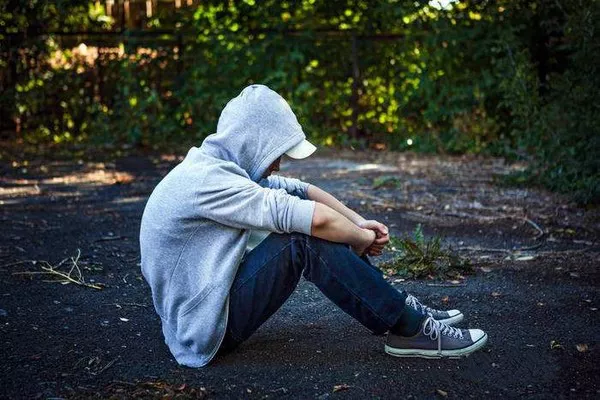Harri Morgan, a 24-year-old former professional rugby player, has announced that he will not return to the sport, citing his mental health as the primary reason. The Ospreys player, who once represented Wales at the Under-20 level, made the decision after struggling with severe mental health issues, including a suicide attempt, in 2023.
Morgan’s challenges were compounded by the loss of both his grandparents in a short period, coupled with the intense pressures of professional rugby. His career, which was marred by multiple injuries, had once been an outlet, but he said the demands of the sport exacerbated his grief and mental health struggles.
“I didn’t feel like there was much support around injured players in rugby,” Morgan told BBC Wales Live. “A lot of the negatives I was experiencing with my mental health led back to rugby – especially the injuries and the pressures of being in a professional environment. I felt isolated, like I couldn’t express what I was going through because I didn’t want to let my teammates or coaches down.”
The sense of isolation intensified after the death of his grandparents, triggering anxiety and physical symptoms, such as heart palpitations and shortness of breath. Eventually, Morgan found himself unable to cope, and he contemplated suicide. “I didn’t feel anything. I just felt empty,” he said.
Support from the Ospreys
Despite these difficulties, Morgan received strong support from his club, the Ospreys, who allowed him the time and space to step back. “I can’t fault the club; they were amazing. They gave me the opportunity to come back if I wanted to, but I’ve made it clear that I don’t see myself returning to professional rugby,” Morgan said.
Instead of returning to the pitch, Morgan has since transitioned into a career as a fitness coach and gym manager. He now advocates for better mental health support in professional sports. “It’s about creating space for these conversations to take place,” he said. “The people in power within rugby need to ask, ‘You’re struggling, what can we do to help?’ It’s about creating a culture that understands the individual and what they need.”
A Call for More Support
Morgan’s story is part of a broader conversation about mental health in rugby, particularly around the pressures of professional sports and the lack of support for players dealing with injuries and emotional difficulties. Lloyd Ashley, another former Ospreys player, was recently appointed as the lead for mental health and wellbeing by the Welsh Rugby Players Association. He believes that society, including rugby, needs to make it easier to check in on each other’s mental health.
“It’s about creating a culture where people feel safe enough to be honest,” Ashley said. “I hope the lessons learned in rugby can spread to other sports and society as a whole.”
Dan Lydiate, a current Wales international, also shared his thoughts on the growing awareness around mental health in rugby. Lydiate, who has played for Wales since 2009, said that the mental and physical toll of rugby is often hidden from the public. “In rugby, people see the highs, but they don’t see the lows,” he said. “They don’t see when you’re battered and bruised, when you’re laid up in a hospital bed, struggling to put your clothes on because of broken bones. It’s a tough career on both the body and the mind.”
Mental Health Support in Welsh Rugby
The Welsh Rugby Union (WRU) has acknowledged the mental health struggles of players and expressed its commitment to improving support systems within the sport. A statement from the WRU said, “It is always difficult to hear about the challenges faced by individuals within the rugby family, and we are grateful to those who are speaking out. We are also proud of our proactive approach in promoting physical and mental wellbeing within Welsh rugby.”
The WRU works with clinical psychologist Dr. Dale Thomas, who supports both national teams and the Welsh Rugby Players Association. With over 300 member clubs across the country, the WRU emphasizes the importance of mental health and wellbeing, encouraging players and participants at all levels to take care of their mental and physical health.
The WRU’s ongoing efforts aim to create a more supportive and open environment within rugby, where players can feel safe to discuss their mental health without fear of stigma or judgment.
Related topics:



















